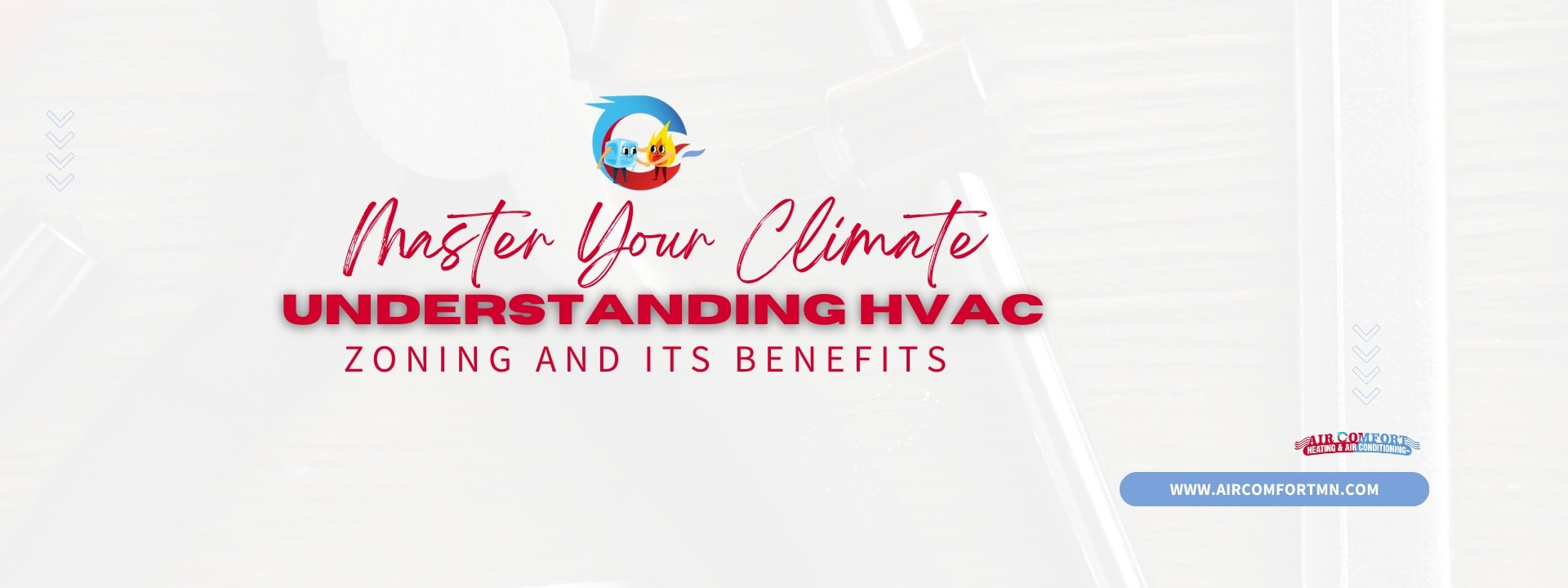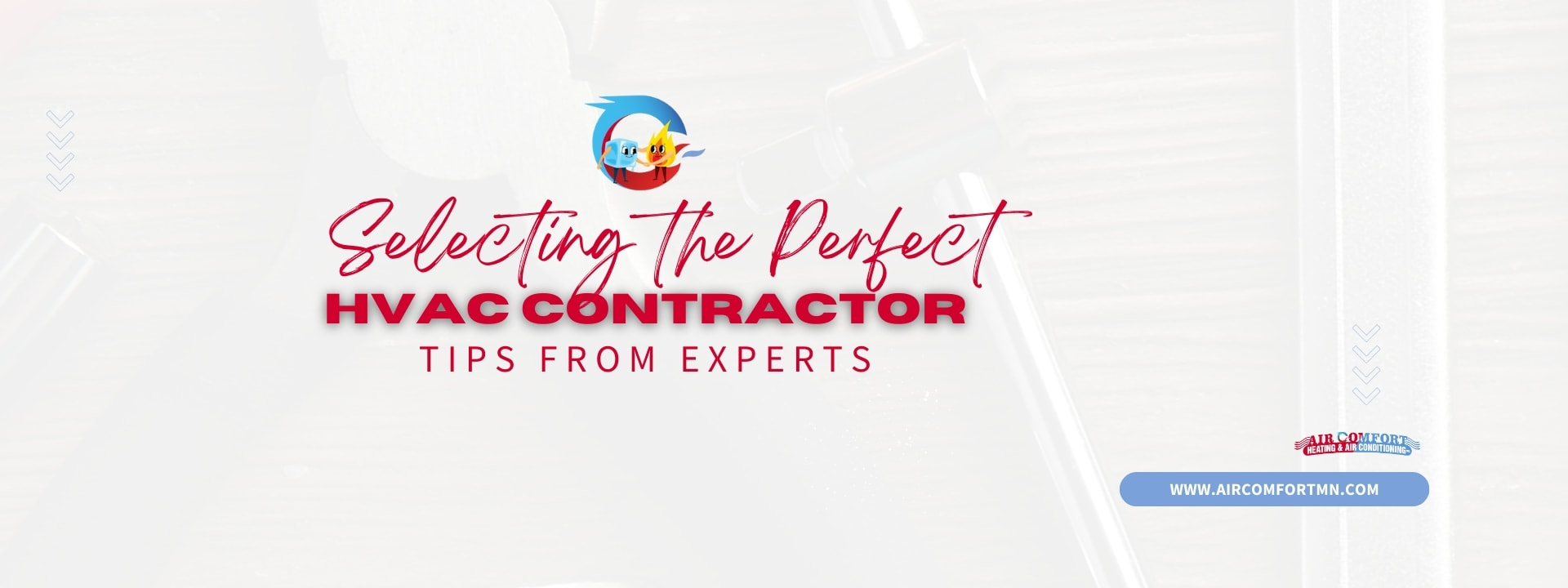|
In the quest for ultimate home comfort, HVAC zoning has emerged as a game-changer. It's a technology that allows you to customize the heating and cooling in different areas or "zones" of your home, providing enhanced comfort while improving energy efficiency. If you've ever argued over the thermostat settings or have rooms that are rarely used, HVAC zoning might be the solution you need.
What is HVAC Zoning? HVAC zoning involves dividing your home into separate areas or zones, each controlled independently by its own thermostat. This system uses dampers within the ductwork to regulate and redirect air to specific zones as needed, allowing for precise temperature control throughout the house. Whether it's a sunny living room that gets too hot or a basement that's always too cold, zoning can address these differences effortlessly. Benefits of HVAC Zoning
Do You Need HVAC Zoning? HVAC zoning is particularly beneficial for:
How to Get Started with HVAC Zoning Implementing an HVAC zoning system requires a careful assessment of your current HVAC setup and your home’s layout. It’s crucial to work with a professional who can provide a tailored solution that considers your home’s specific needs.
HVAC zoning is not just about personal comfort; it's about optimizing your home's heating and cooling to be as efficient and cost-effective as possible. Whether you're building a new home or upgrading your current system, consider how zoning can be integrated to improve comfort and reduce costs. Ready to explore HVAC zoning solutions for your home? Contact Air Comfort today to schedule a consultation. Our experts are here to help you master your home climate with the latest in HVAC technology.
0 Comments
As we advance in building technology, our homes are becoming more energy-efficient and tightly sealed. While these improvements are excellent for reducing energy costs and enhancing comfort, they also underscore the critical need for proper ventilation in our living spaces. In this blog post, we explore why effective ventilation is essential for maintaining healthy indoor air quality and protecting both your family's health and the structural integrity of your home.
The Role of Ventilation Ventilation refers to the process of exchanging indoor air with fresh outdoor air. This exchange is crucial to dilute and remove indoor pollutants, moisture, and odors. Homes historically relied on natural ventilation provided by leaks and openings, but modern homes, which are built to be nearly airtight, require mechanical means to ensure adequate air exchange. Benefits of Proper Ventilation Improved Air Quality: Ventilation reduces levels of harmful pollutants, such as volatile organic compounds (VOCs), allergens, and airborne pathogens, by bringing in fresh air while expelling stale, contaminated air. Health Benefits: Adequate ventilation can significantly decrease the risk of respiratory problems and other health issues related to poor indoor air quality. It also helps reduce fatigue, headaches, and eye irritation. Protection for Home Integrity: Proper ventilation helps prevent excess humidity that can contribute to mold growth and structural damage by maintaining a balanced indoor environment. Challenges in Modern Homes Modern construction techniques aim to seal homes to prevent energy loss; however, this can also trap pollutants and moisture inside. This makes mechanical ventilation systems more crucial than ever. Without effective ventilation, the air inside your home can become more polluted than the air outside. Solutions for Effective Ventilation: To combat the challenges posed by modern, airtight construction, several mechanical ventilation options can be integrated:
At Air Comfort, we've implemented various successful ventilation projects. For example, in a recent retrofit for a home in Minnesota, we installed an ERV system that significantly improved the indoor air quality without increasing the homeowner's energy bills. This system not only made the air fresher and cleaner but also helped reduce symptoms of allergies among the residents. The balance between energy efficiency and proper ventilation is a hallmark of modern home construction. Ensuring that this balance is maintained is crucial for the health of the occupants and the longevity of the building structure. Effective ventilation systems play a key role in achieving this balance, making them an indispensable part of modern homes. Are you concerned about the air quality in your home? Contact Air Comfort today to discuss how we can improve the ventilation in your house, ensuring it is a healthier, more comfortable place to live. Visit our website at [Air Comfort's website] or call us directly to schedule a consultation. Let us help you breathe easier. Choosing the right HVAC contractor is crucial for ensuring that your heating, ventilation, and air conditioning systems are installed, maintained, or repaired correctly. Not only does this impact the comfort of your Minnesota home or business, but it also affects your system’s efficiency and lifespan. Here are some expert tips from Air Comfort on how to pick the best HVAC contractor.
1. Check Licensing and InsuranceAlways ensure the HVAC contractor you consider is fully licensed and insured. This protects you from liability and ensures they are recognized by state and industry standards. A legitimate HVAC contractor should readily provide proof of their credentials. 2. Consider Their ExperienceExperience in the HVAC industry is a strong indicator of reliability. A contractor that has been in business for several years is likely to have a proven track record. Additionally, check if they specialize in particular types of systems or services, such as residential or commercial HVAC systems, to ensure they’re suited to handle your specific needs. 3. Assess Their ReputationResearch the contractor’s reputation. Read online reviews on platforms like Google, Yelp, or Angie’s List to understand other customers' experiences. Don’t hesitate to ask the contractor for customer references. A reputable contractor will be proud to showcase their work and customer satisfaction. 4. Get Detailed EstimatesWhen choosing an HVAC contractor, it’s advisable to get detailed written estimates. This should include what the job will entail and the total cost. A trustworthy contractor will be transparent about their pricing and explain what each charge covers. Compare estimates from different contractors to ensure you get the best value. 5. Evaluate Their Customer ServiceFirst impressions matter. Note how responsive the contractor is when you contact them. Are they quick to respond to your calls or emails? Assess their professionalism during initial interactions. A reliable contractor will strive to understand your needs and offer solutions that best fit your situation. 6. Look for Additional CertificationsBeyond basic licensing, check if the contractor holds any additional certifications from HVAC industry organizations such as NATE (North American Technician Excellence) or ACCA (Air Conditioning Contractors of America). These certifications demonstrate a commitment to ongoing professional development and adherence to industry standards. Selecting the right HVAC contractor is essential for your system’s proper installation, maintenance, and repair. By following these tips, you can ensure that you choose a contractor who will provide high-quality service and uphold industry standards. If you’re in Minnesota and need dependable HVAC services, consider Air Comfort Heating and Air Conditioning. Contact us today at to schedule a consultation or service visit. Let us help you maintain a comfortable and efficient environment in your home or business. |
AuthorVarious. Archives
May 2024
Categories |
CALL NOW: 763-753-6623
Privacy Policy l Cookie Policy l Conditions of Use l Notice and Take Down Policy l Website Accessibility Policy
© 2024 The content on this website is owned by us and our licensors. Do not copy any content (including images) without our consent.
Website managed by Go Savvy Social
Privacy Policy l Cookie Policy l Conditions of Use l Notice and Take Down Policy l Website Accessibility Policy
© 2024 The content on this website is owned by us and our licensors. Do not copy any content (including images) without our consent.
Website managed by Go Savvy Social




 RSS Feed
RSS Feed